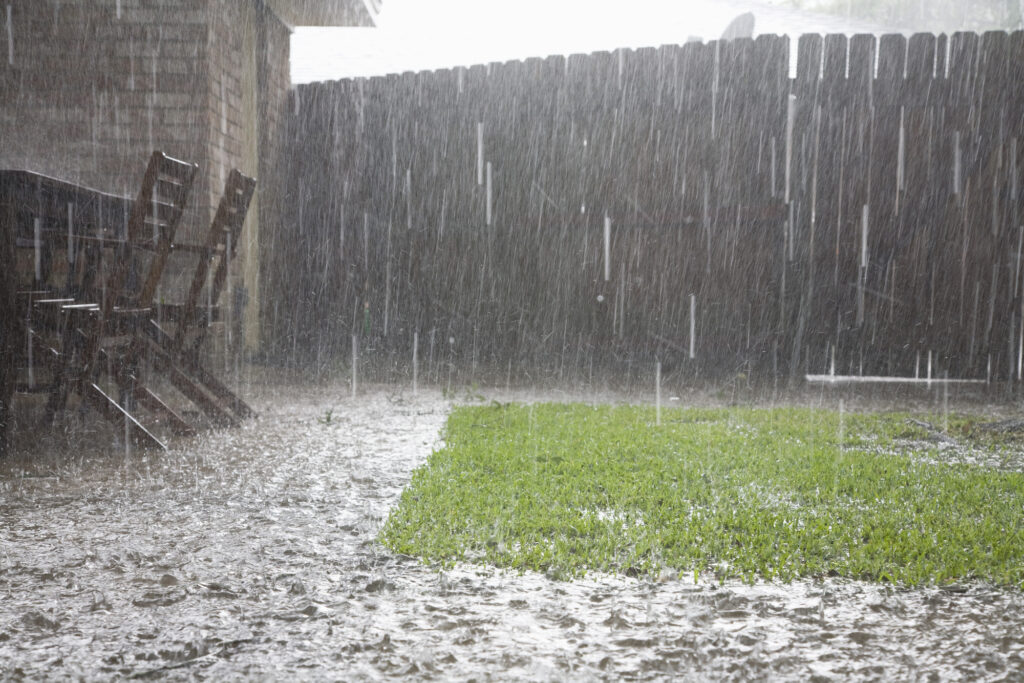Efficient irrigation transcends the simple act of watering plants; it embodies a systematic approach to minimizing water waste and optimizing environmental benefits. This involves judicious use of advanced irrigation techniques and technologies that ensure every drop of water serves a purpose. Leveraging expert irrigation services helps implement these best practices, transforming how landscapes are nurtured. For gardeners and landscapers alike, adopting efficient methods signifies a commitment to resource conservation while enhancing plant vitality.
Benefits of Sustainable Water Usage
Sustainable water usage, including installing efficient irrigation systems, provides numerous benefits beyond saving money. Proper irrigation installation ensures water is distributed effectively, minimizing waste and maximizing plant health. Economically, using less water from municipal supplies can lead to lower water bills. Environmentally, these practices reduce runoff, helping to prevent pollutants from entering waterways and protecting aquatic ecosystems. Efficient irrigation systems guarantee the effective use of water, thereby reducing waste and improving the overall sustainability of water consumption. Furthermore, plants tend to flourish when watered sustainably, exhibiting vibrant growth and increased resilience against pests and diseases. This symbiosis between economic prudence and environmental stewardship underscores the importance of water efficiency in landscaping.
Types of Irrigation Systems
Comprehending the different types of irrigation systems is essential for developing a strategy that meets the unique requirements of a given landscape. Drip irrigation, for example, utilizes carefully positioned lines to supply water directly to the roots of plants, thereby conserving water by reducing evaporation. This technique is especially beneficial in dry areas where water availability is limited. In contrast, sprinkler systems replicate natural rainfall and are well-suited for irrigating large spaces like lawns. Finally, surface irrigation, frequently employed in agricultural practices, depends on gravity to spread water over the soil surface. Each system offers distinct advantages, and selecting an appropriate one necessitates careful consideration of landscape requirements and local climatic conditions.
Choosing the Right System for Your Landscape
Selecting a suitable irrigation system is an intricate process that involves evaluating numerous factors, including climate nuances, soil composition, and specific plant water needs. Consider sandy soils notorious for their rapid drainage; such conditions benefit from drip irrigation that delivers water slowly and steadily. On the other hand, clay soils, which retain water longer, are better suited to systems that provide infrequent but deep watering. Environmental experts can provide homeowners with valuable insights that enhance their understanding, enabling them to make informed decisions regarding their irrigation systems by sustainable water usage principles.
Best Practices for Water Management
- Regular Maintenance: Routine checks and maintenance of irrigation systems can prevent leaks and inefficiencies that lead to water wastage. Regularly inspecting pipes and nozzles ensures optimal performance and longevity of the system.
- Timing and Scheduling: Watering in the cooler parts of the day, such as early morning or late afternoon, reduces evaporation and maximizes plant water absorption. This scheduling, coupled with strategic watering intervals, optimizes plant hydration.
- Using Mulch: Applying mulch around plants conserves moisture in the soil by reducing evaporation. This practice minimizes water usage and suppresses weed growth, improving overall plant health and reducing dependency on external water inputs.
Technological Innovations in Irrigation
Irrigation is experiencing a technological renaissance, with innovations designed to augment water efficiency and usability. Intelligent irrigation systems, including weather-based controllers and soil moisture sensors, pave the way for responsive irrigation that adapts to prevailing weather conditions and soil moisture levels. By automatically adjusting watering schedules, these systems prevent overwatering and underwatering, ensuring plants receive precisely what they need without excess. The EPA outlines the benefits of adopting these intelligent systems, serving as an invaluable resource for those looking to integrate cutting-edge technology into their irrigation practices.
Environmental Impact and Conservation
Integrating efficient irrigation practices exerts positive ripple effects across environmental conservation efforts. These practices alleviate pressure on local and regional water supplies by curtailing excessive water usage, which is especially vital in drought-prone areas. Sustainable irrigation maintains the natural water cycle, supports ecosystems, and preserves biodiversity. This approach helps maintain healthy soil and plant life and serves as a blueprint for responsible water stewardship in the face of ongoing environmental challenges.
Future of Irrigation and Water Sustainability
As the global community progressively embraces sustainability, the future of irrigation is poised for transformation. Emerging technologies promise greater efficiencies and integrations, fostering systems that are more effective and easier to manage. The convergence of technological advancements and increased public awareness drive changes in how water resources are utilized, paving the way for more resilient landscapes. By adopting efficient irrigation practices now, individuals and communities contribute to paving a sustainable path forward, addressing pressing water management issues while safeguarding natural resources for generations to come.





